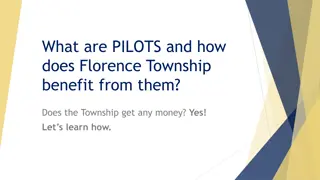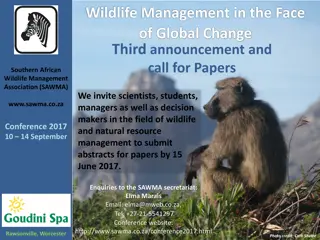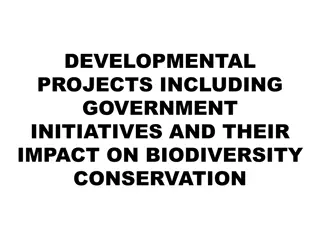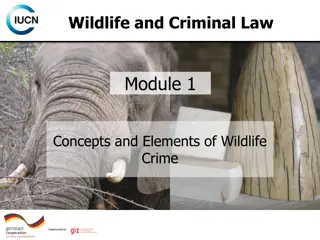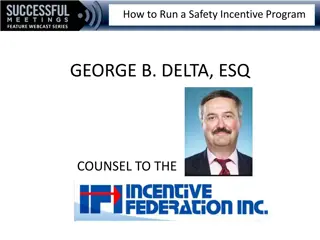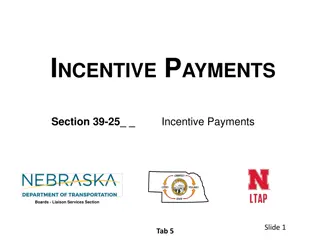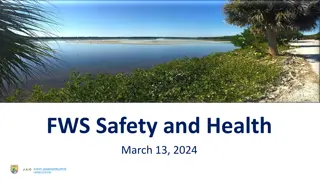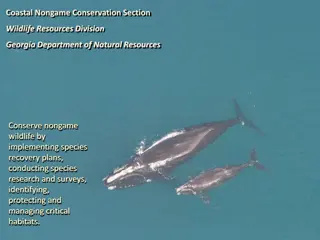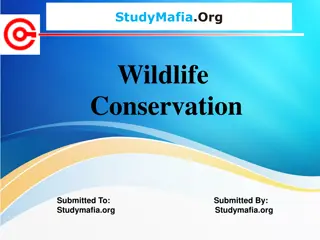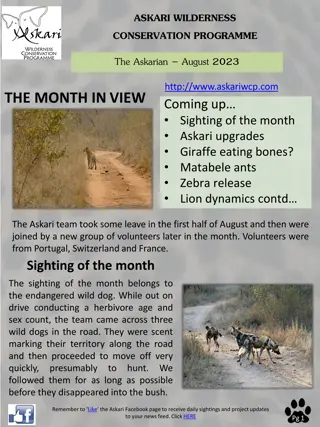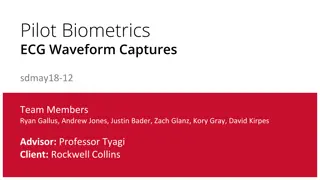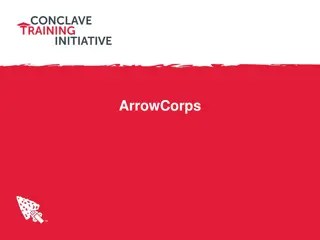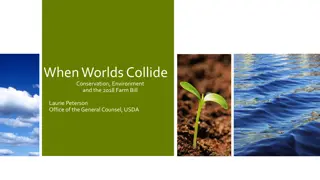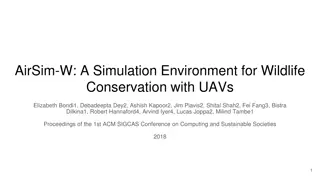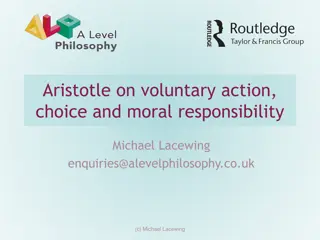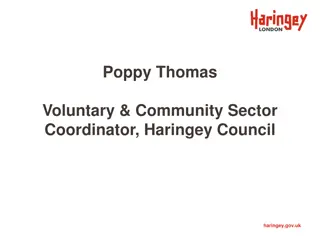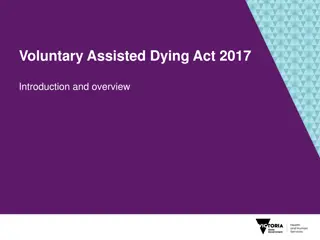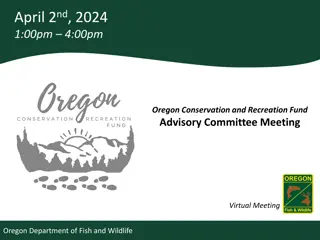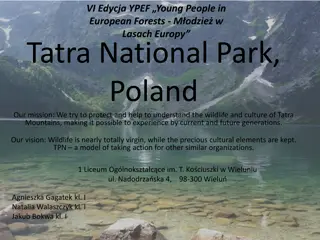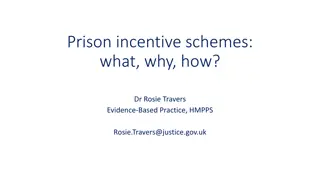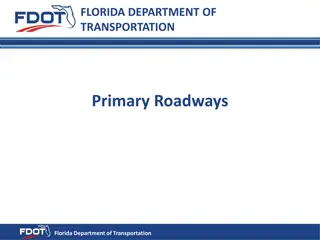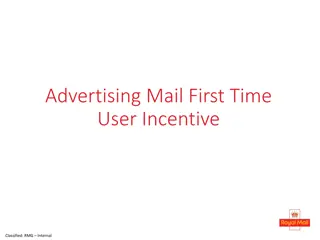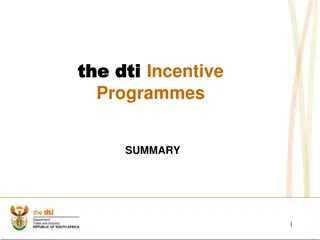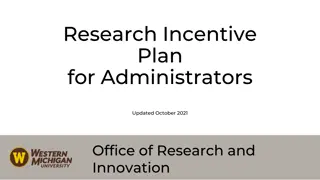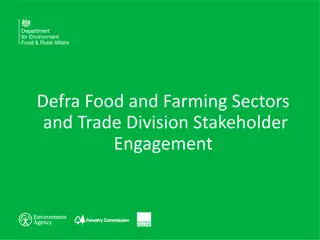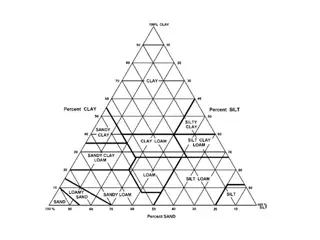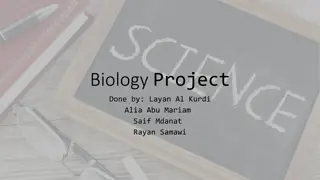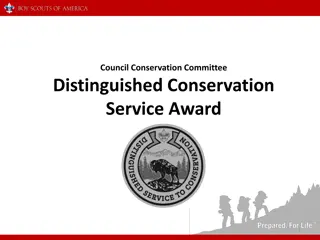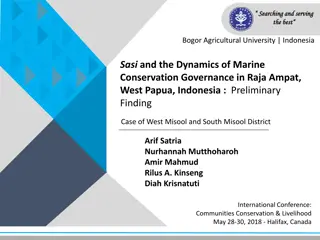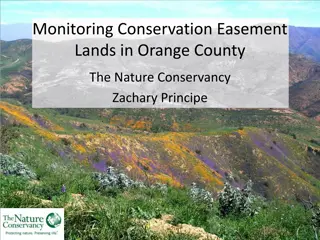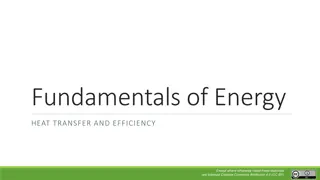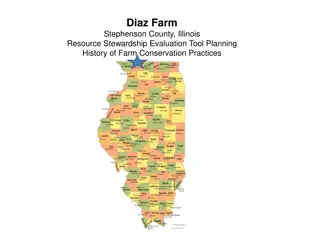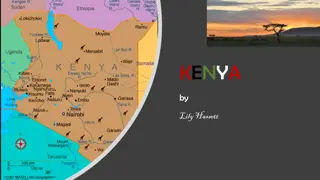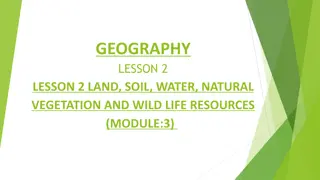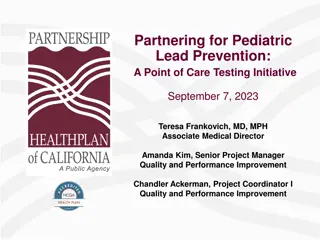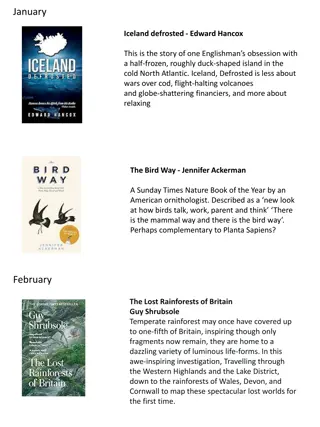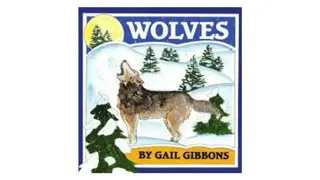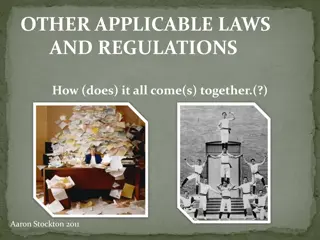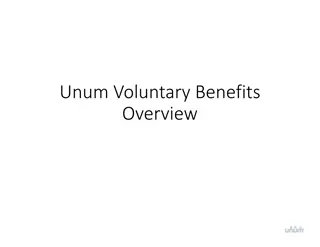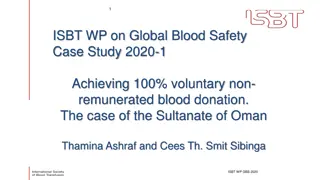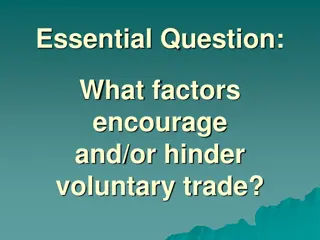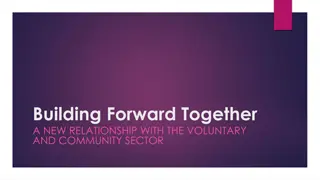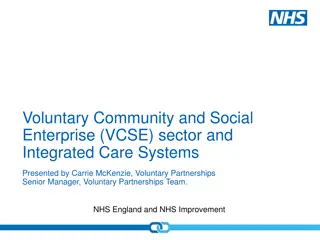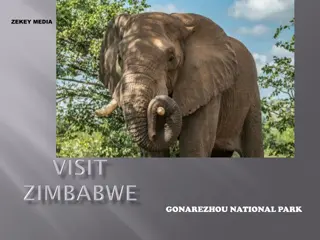Lead-Free Voluntary Incentive Pilots for Wildlife Conservation
Focusing on addressing lead poisoning in wildlife, the Lead-Free Voluntary Incentive Pilots program aims to test lead-free incentives on National Wildlife Refuges. With key objectives to kick-start the program, test variations among pilot sites, and compile lessons for future pilots, the initiative involves collaborative efforts from FWS, HWCC, State wildlife agencies, and NANLP. The 2024 pilot sites have been carefully selected, and the program design includes notifying hunters, providing rebates, data collection, and evaluation, with additional ammunition testing incentives and educational workshops planned. The program strives to develop a proven model through a voluntary approach to tackle lead poisoning in wildlife.
Download Presentation

Please find below an Image/Link to download the presentation.
The content on the website is provided AS IS for your information and personal use only. It may not be sold, licensed, or shared on other websites without obtaining consent from the author. Download presentation by click this link. If you encounter any issues during the download, it is possible that the publisher has removed the file from their server.
E N D
Presentation Transcript
Lead-Free Voluntary Incentive Pilots Navigating a collaborative approach to addressing lead poisoning in wildlife
Background In 2022, FWS began a deliberate and collaborative process to find the best solution to lead poisoning in wildlife As part of the process, FWS requested recommendations from the HWCC In 2023, the HWCC recommended a voluntary approach based on education and incentives In 2024, FWS, the HWCC, State wildlife agencies, and the North American Non-Lead Partnership (NANLP) have shaped a pilot program to test lead-free incentives on NWRs
Goals and Objectives Driving purpose behind this pilot program is to address lead poisoning in wildlife Overarching goal is to develop a proven model for addressing the issue through voluntary lead-free incentives For 2024 pilots, the key objectives are: Kick-start the pilot program Test variations among pilot sites (e.g., State, target species, regulations) Collect and evaluate data Compile lessons for 2025 pilots
2024 Pilot Sites FWS has selected 7 Refuges to host lead-free pilots in Fall 2024 The selections were made based on robust internal considerations at all levels of FWS, plus critical and substantial input from HWCC members and State wildlife agencies The selected pilot sites are: William L. Finley NWR in Oregon Patoka River NWR in Indiana Trempealeau NWR in Wisconsin Pocosin Lakes NWR in North Carolina Wallkill River NWR in New Jersey Blackwater NWR in Maryland Canaan Valley NWR in West Virginia
Progress & Next Steps Concept Paper Site Selection Pilot Design Funding Agreements Crafting Messaging 2024 Implementation 2024 Evaluation Back to Site Selection, for 2025
2024 Pilot Design Overview FWS is still refining and finalizing the design of the 2024 pilots The 2024 pilots are designed to be sufficient and efficient, not ideal, and will provide a starting point for further refinement Major components of pilot designs are: Notifying Hunters Providing Rebates Collecting Data Evaluating Data The 3 NE pilots will concurrently run an ammunition testing incentive program and interactive educational workshops
Notifying Hunters FWS will notify hunters about the 1. Availability of the rebate incentive for lead-free ammo purchases 2. URL for the web portal to submit proofs of purchase FWS will use existing touchpoints with hunters to notify participants in the designated hunts at each pilot site Touchpoints include Permit mailings Refuge hunting brochures Check stations and Refuge signage Trainings, workshops, and demonstrations
Collecting Data FWS will operate designated hunts at pilot sites as normal, but collect associated data FWS will collect data from our employees related to the implementation of the pilots FWS will seek to collect data from all or a subset of the participating hunters, such as Use of lead or lead-free ammunition Impact of the incentive on ammunition choice Knowledge and opinion of lead-free ammunition Opinion of notifications and messaging for the pilot, and their impact on ammunition choice
Providing Rebates An experienced contractor will design the web portal for hunters to upload their proofs of purchase and validate the submissions The planned rebate incentive is one $50 prepaid debit card per box of ammunition purchased, with a limit of two boxes per hunter ($100) Costs of web portal and validation projected as ~$15,000 The cost of directly providing the cash card rebates for all pilot sites is projected to be approximately $43,000 in total
Evaluating Data FWS Human Dimensions personnel will evaluate feedback from staff to improve the efficiency and effectiveness of the pilots FWS will also evaluate hunter data to see the impact of variations across pilots on the effectiveness of the rebate incentive Insights from the data evaluation will help FWS, State wildlife agencies, the NANL Partnership, and our other partners to Modify pilot designs for 2025 Modify messaging for 2025 Select 2025 pilot sites
Augmented Pilots The 3 pilot sites in the Northeast (FWS Region 5) will augment the core pilot design with added programming and incentives 1. Hunters will receive a lead-free ammunition give-away incentive for volunteering to test out a variety of lead-free ammunition options and provide feedback 2. Each pilot site will host interactive educational workshops on lead-free ammunition performance, run by NANL Partnership These additional pilot elements will be considered for future use at more sites and across a greater geographic range, informed by evaluation of the collected data


